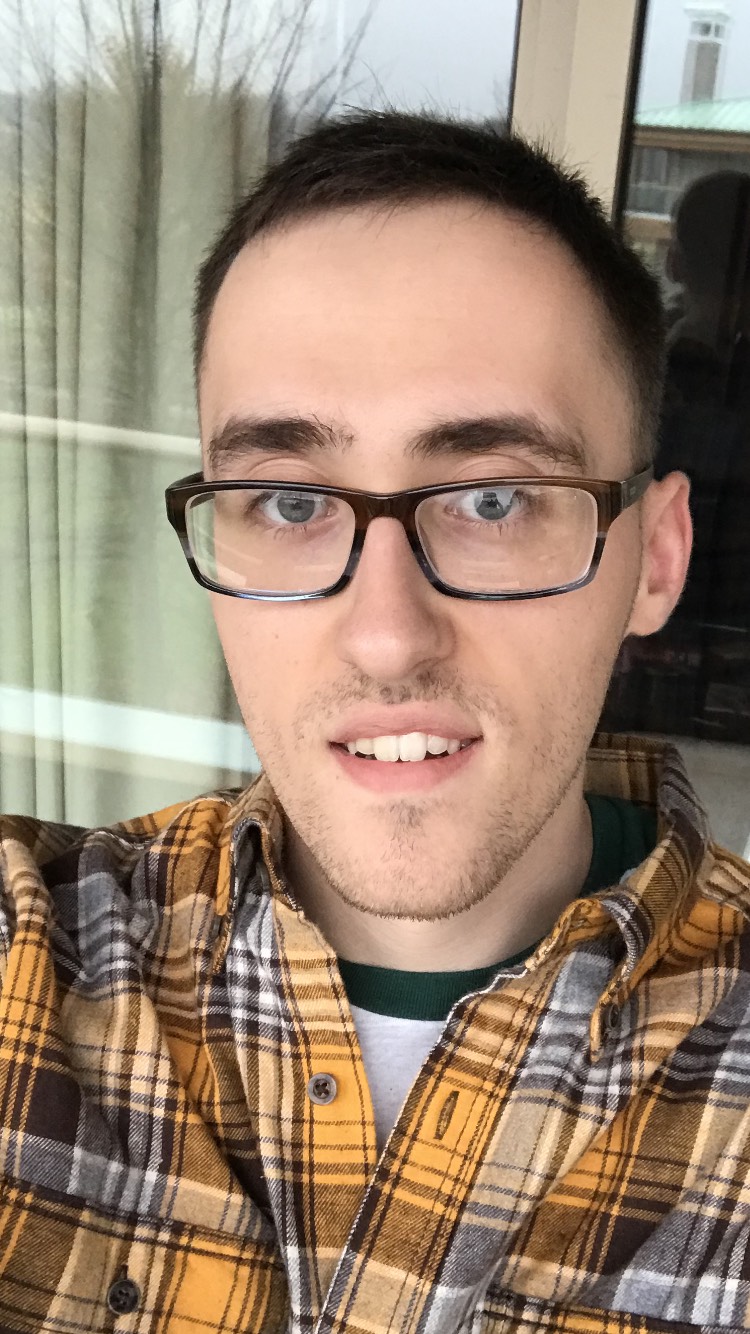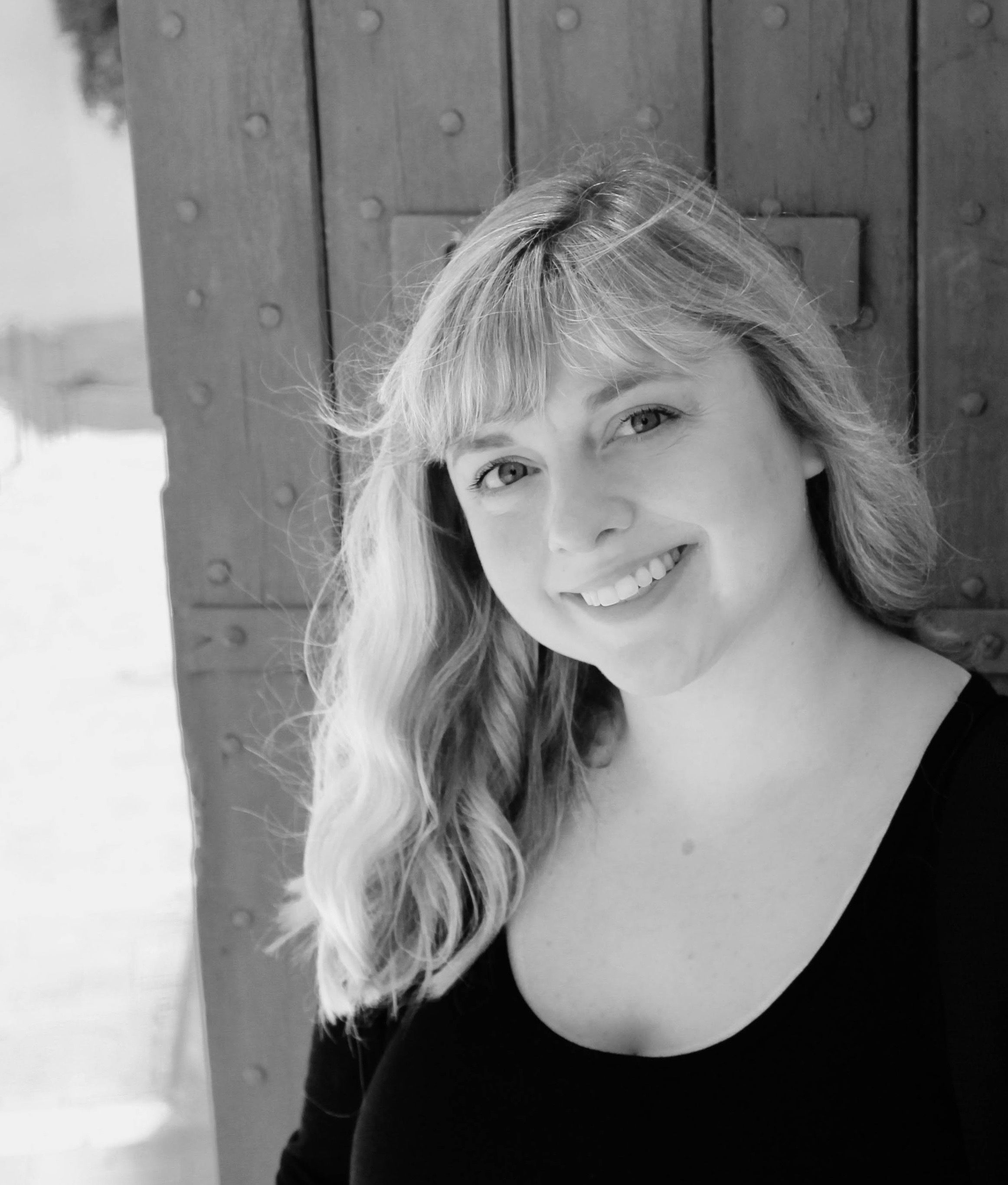LATE BABIES — MARVIN SHACKELFORD
/Once his older son decided to become a marine biologist, to study the waters and their fishes and all their less imaginable contents, Arnaldo began working to convince his younger son to train as an astronaut. They were late babies, children from a third marriage, and he already felt himself an old man when they were born. He retired early and wore a long beard and white trousers. Attended all their school plays and baseball games. He loved the thought of doddering through his golden years having placed sons at points as high and low as earthly possible. They vacationed near oceans and airbases. While the older dove in heated pools and shallow coves he and the younger built model rockets beneath wilting, potted palm trees. They toured aerospace museums and viewed shuttle launches. Arnaldo paid for his younger boy to ride in the cockpit of a decommissioned Russian fighter jet, sent him up into a white European sky and as far from earth as he knew how to send him. He descended to the ground again in tears, covered in his own vomit. And so the space race ceased. In the waning years of their childhood Arnaldo paid for camps and shows and fairs and meetings, but it did no good. He sent his older son to college and then the sea, but the younger drifted only so high. He studied acting in New York, sent home tapes of himself dancing across the stage. He traveled west and began appearing on TV, in commercials and guest roles on weekly sitcoms and police procedurals. He was a dead body once, and his mother invited all their family and friends over to watch him lie beneath a pale green sheet. Strangulation, a detective said. Cut short in his prime. Arnaldo played at the idea of a fourth wife, a third son, but he settled into the rest of his life contentedly enough. His older son traveled island to island across the seas, dove great glass and steel machines into the darkest reaches, sent postcards and shells from exotic coastlines. The younger appeared more and more often on their TV screen, occasionally shot up large at the multiplex cinema. In a way, he joked, he reached the brightest of the stars. It wasn’t enough, but who could have expected it? They came home for the holidays, sat to either side of Arnaldo on the couch and explained the years ahead of them. He patted their knees and smiled, pleased. He pulled them close. He held tightly, for as long as his grip allowed, and then released. Then they launched out into the world again, free.
Marvin Shackelford is author of the collections Endless Building (poems) and Tall Tales from the Ladies' Auxiliary (stories, forthcoming). His work has, or soon will have, appeared in The Kenyon Review, Pithead Chapel, Split Lip Magazine, Juked and elsewhere. He resides in Southern Middle Tennessee, earning a living in agriculture.










